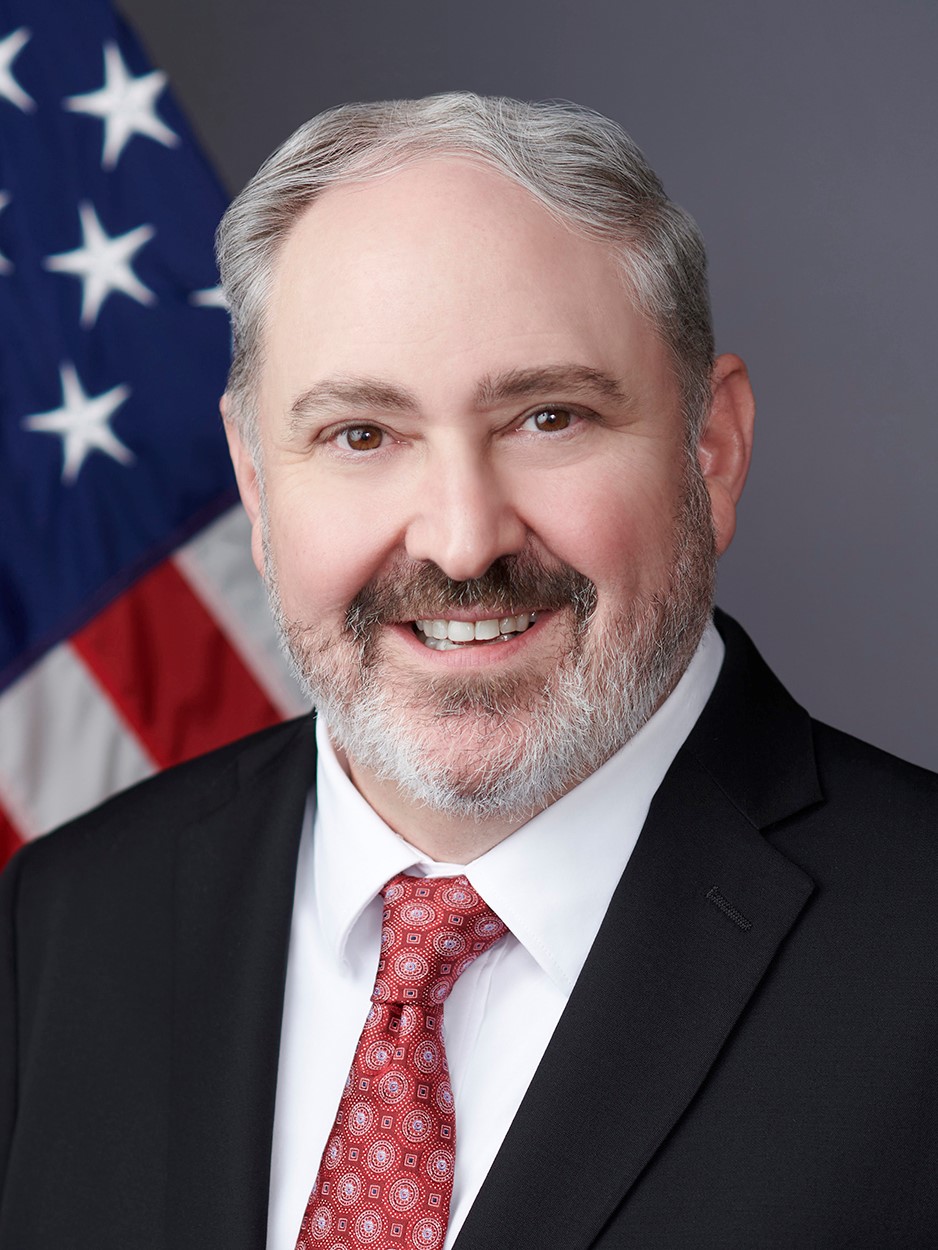Brazil: Tocantins Digital Modernization Technical Assistance
The Request for Proposals for Brazil: Tocantins Digital Modernization Technical Assistance has been postponed until further notice.
The Agência de Tecnologia da Informação (“ATI” or the “Grantee”) invites submission of qualifications and proposal data (collectively referred to as the “Proposal”) from interested U.S. firms that are qualified on the basis of experience and capability to execute Technical Assistance which will support ATI in developing a roadmap to help the State of Tocantins expand its broadband network, modernize and expand an existing data center, develop a back-up data storage facility, and improve e-government services across the state (the “Project”). The U.S. firm selected will be paid in U.S. dollars from a $838,000 grant to the ATI from the U.S. Trade and Development Agency.
About the Grantee
The Tocantins State Information Technology Agency is a state government entity linked to the state’s planning and finance secretariat. Its mission is to develop, coordinate, and execute state policies related to information technology, information security, interoperability, and ICT-related continuity of operations. Before ATI was founded in 2019, the digital sector was managed by the Secretariat of Planning, Modernization and Public Management (SEPLAN/TO).
Project Background
Located in northern Brazil, Tocantins is one of the newest and fastest-growing states in the country. In an effort to expand reliable and cost-effective broadband connectivity, as well as e-government services across the state, the Tocantins State Information Technology Agency (TI) has requested USTDA assistance to modernize the state’s overall digital infrastructure and develop a roadmap and implementation plan to expand the state’s existing broadband network backbone that connects government facilities across the state (such as state government offices, schools, and hospitals).
The expansion of the state’s broadband network would allow improved delivery of e-government services throughout Tocantins. It would provide greater speed and efficiency in the delivery of public services, thereby reducing costs to the state through the use of efficient digital infrastructure. This digital expansion would bring Tocantins’ population closer to the government, increasing public access to government services and greater transparency in public management. Tocantins has a population of 1.5 million. The technical assistance would develop a roadmap and implementation plan to extend the fiber network to the 11 largest cities in the state (52 percent of the state’s population). The technical assistance would also help enable internet connections for small and medium-sized internet service providers (ISPs) to increase access to broadband internet in the remaining 128 municipalities (48 percent of the state’s population). ISPs would help to address last mile internet access and would enable Tocantins to expand connectivity and increase e-government services within the state. The benefits of an expanded broadband network would cut across many sectors, including education and healthcare. The ability to videoconference and to transmit MRIs, CAT scans, and S-rays to medical specialists in other states would greatly improve healthcare for the citizens of Tocantins.
About the Technical Assistance
The objective of the technical assistance is to develop a roadmap to help the State of Tocantins expand its broadband network, modernize and expand an existing data center, develop a back-up data storage facility and improve e-government services across the state. In addition to broadband expansion, the technical assistance would provide recommendations for the upgrade and expansion of ATI’s existing data center, as well as recommendations for a back-up facility and cloud storage to meet increasing demand. The technical assistance would provide equipment recommendations and determine whether a new data center is needed. For back-up data storage, ATI is considering a hybrid system, which would include the use of cloud services. The Project has high-level support within the Tocantins State Government, including the Governor.






